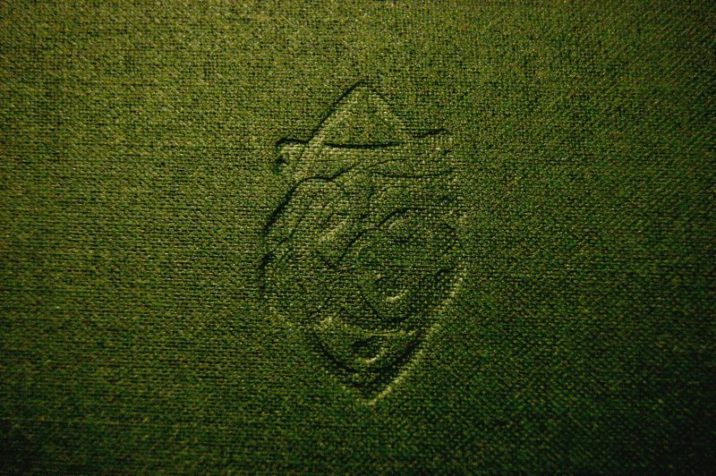One of the most distinguished commentary series of the modern era is the International Critical Commentary, or ICC. The ICC has been around for over 130 years, but the history of the series is a bit hard to trace.
Here on theLAB, we recently interviewed the current OT editor of the series, Professor Graham I. Davies of Cambridge University. In that interview, Graham described the origin of the series, including some key moments along its history, and hinted at future volumes to come. In this post, I want to share some of the history of this important commentary series.
Origins
The original ICC was begun near the end of the 19th century as a combined effort between American and British scholars and publishers. Contributors were selected, from the start, based upon their quality and contributions to biblical scholarship. Contrary to other commentary series, choices were not made based upon confessional or doctrinal convictions—thus the “Critical” in the International Critical Commentary.
The New Series
An effort was made to update and revamp the series in the early 1960s. Leading the charge were the new editors, Professors John Emerton and Charles Cranfield. Cranfield’s two-volume commentary on Romans set a new standard in exegetical rigor for commentaries across the board. As anybody who has worked with his Romans will attest, Cranfield’s command of the primary sources, the Greek language, and every nuance of every debate is astonishing.
Editors at the Helm
The ICC has been led from the start by some of the most well-respected scholars of their generation. The ‘Old Series’ was headed by Samuel Rolles Driver, Alfred A. Plummer, and Charles Augustus Briggs. The ‘New Series,’ as just mentioned, enjoyed the pioneering vision of John Emerton and Charles Cranfield.
One of the most prolific editors was Graham Stanton, Emeritus Lady Margaret’s Professor of Divinity at the University of Cambridge, and a former fellow of Fitzwilliam College. He led the NT series for 25 years, and during that time oversaw an astounding 12 volumes to publication. The current editors include Graham Davies (OT) and Christopher Tuckett (NT).
Anecdotes
In researching the history of the ICC, two interesting stories emerged that are worth retelling.
Crawford Howell Toy was a brilliant OT scholar who contributed the volumes on Ecclesiastes and Proverbs, both of which are full of insights still useful today. Toy spent time at Southern Seminary before having to resign due to his divergent views on the nature of Scripture. He viewed the Bible as having both a (fallible) human and (infallible) divine element, which resulted in a hermeneutical approach that bifurcated the religious and mythical aspects of Scripture. Toy ended up becoming a Unitarian and a pragmatist in the mold of his Harvard colleague William James. Greenville, SC, the original location of Southern Seminary, still has a street named after him and other original profs of the institution.
Samuel Rolles Driver, also one of the founding editors, published a series of commentaries on Genesis and Deuteronomy. In these, he sets forth an apology for the Documentary Hypothesis with unparalleled rigor. These volumes are essential reading for scholars wishing to understand earlier critical approaches to the Pentateuch.
The ICC Today and Tomorrow
Currently, the ICC boasts an impressive 61 volumes, all of which are available digitally, fully tagged and searchable in Logos Bible Software. These cover most of the books of the OT and NT. Further volumes are in the works, as Graham Davies relates. Next month (Feb 2018), expect Hugh Williamson’s contribution on Isaiah 6–12. Bloomsbury should also be publishing two other volumes in the next year or so, including Stuart Weeks’ Ecclesiastes/Qoheleth and OT editor Graham Davies’ Exodus 1–18.
Of special interest is the decision of the editorial board to expand into Apocrypha and Deuterocanonical writings. This effort is being led by Stuart Weeks of Durham University.
All this means is that the ICC has really just begun, even though it is well over a hundred years running. As methodologies change and new ones are implemented, as new archaeological discoveries are made, and as new perspectives emerge that must be engaged with, the ICC series seems poised to retain its position as the foremost critical commentary series in the world.

The ICC sale ends tomorrow (Jan 31st), so don’t miss this chance to get any or all of the volumes at the very low price of $19.99 each.







